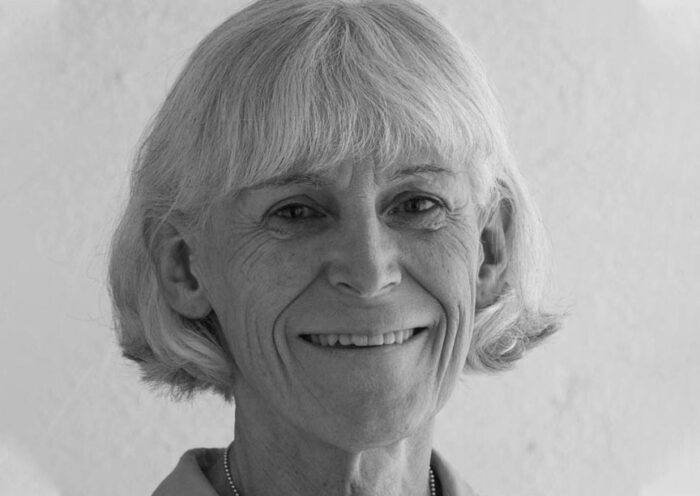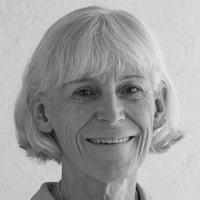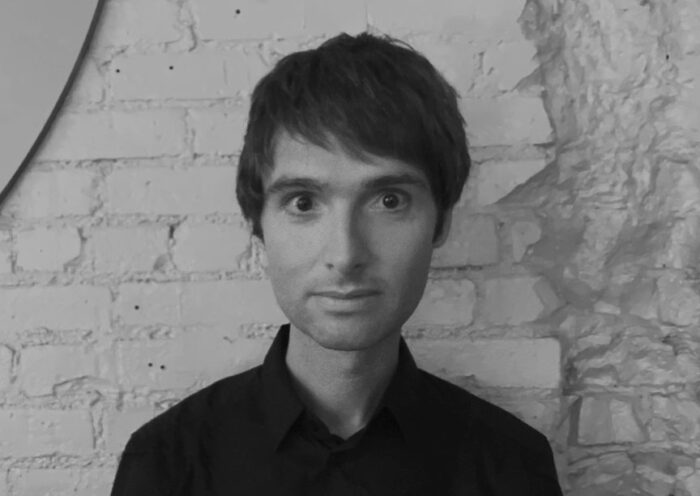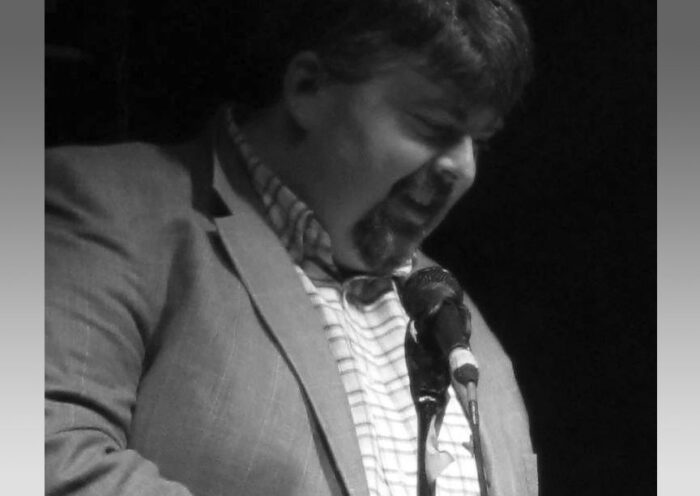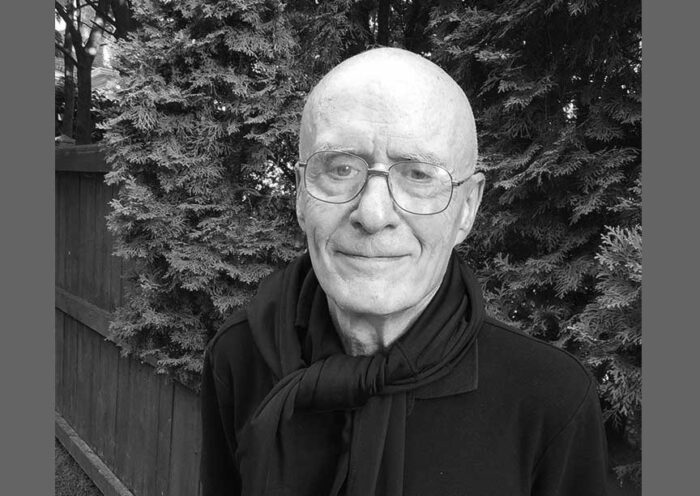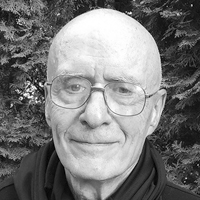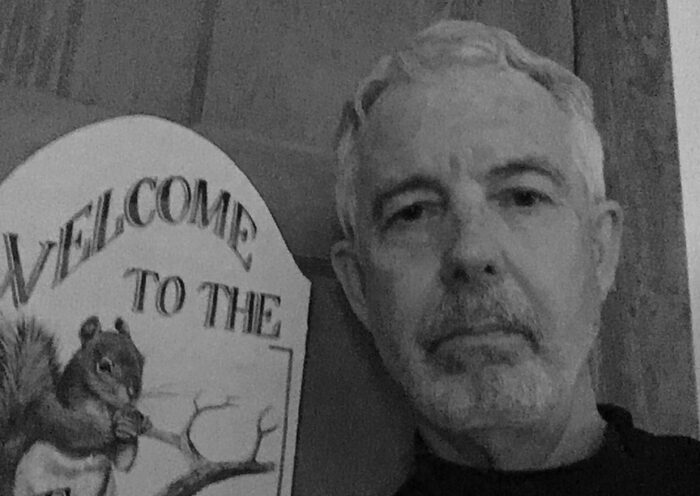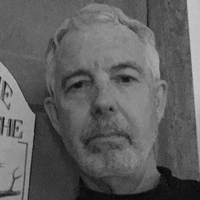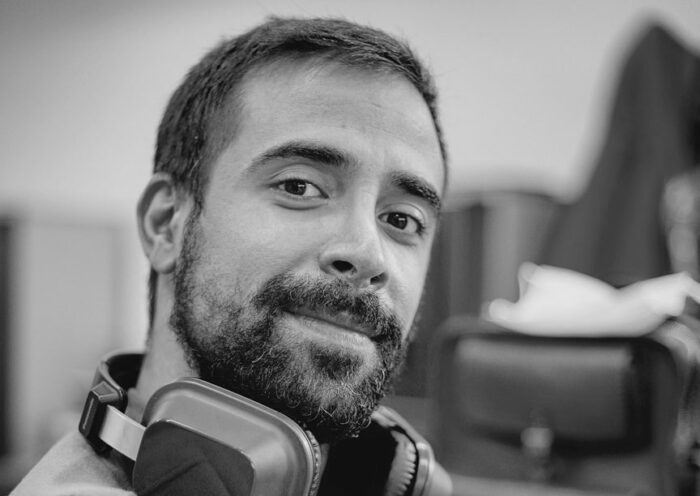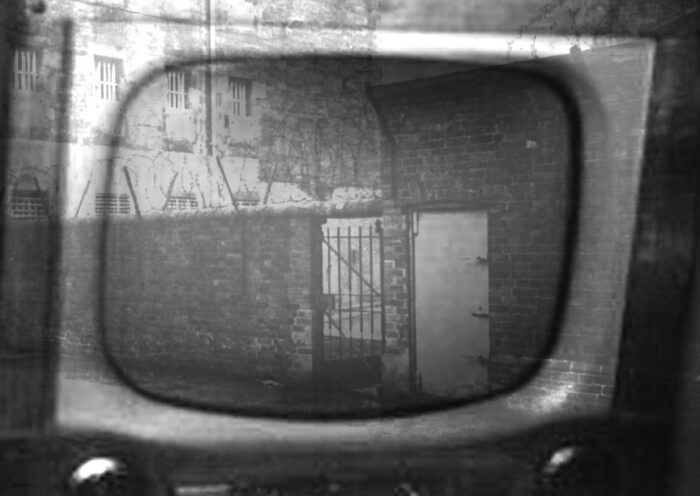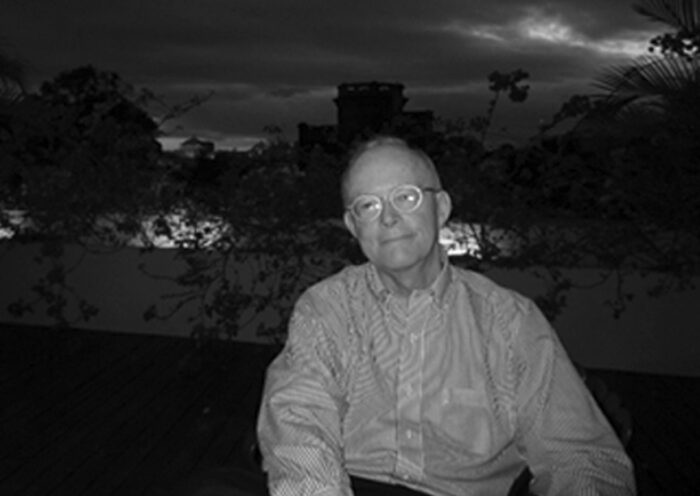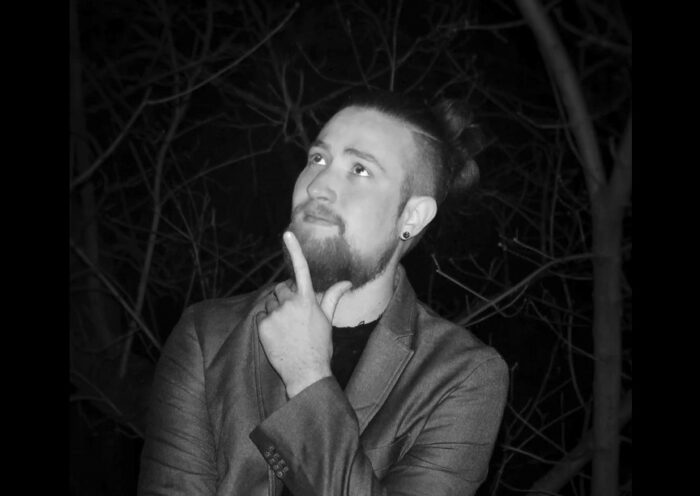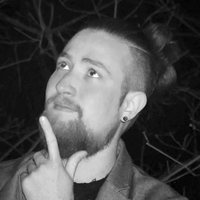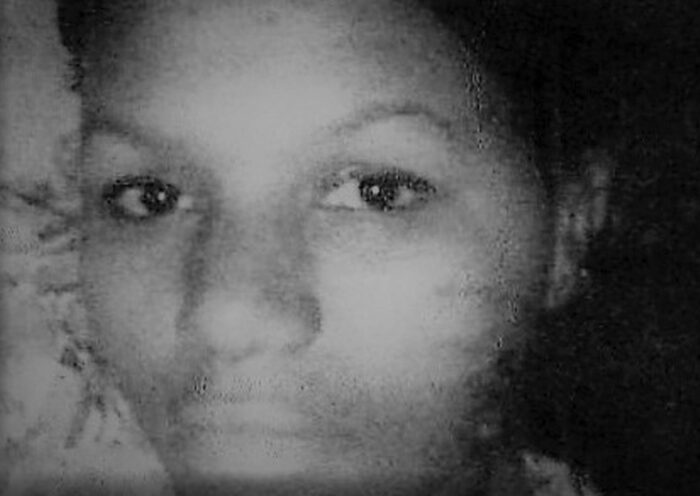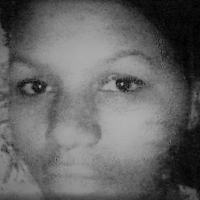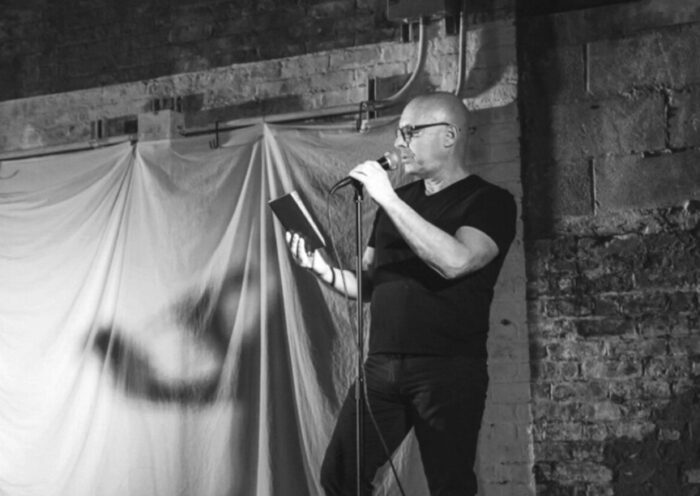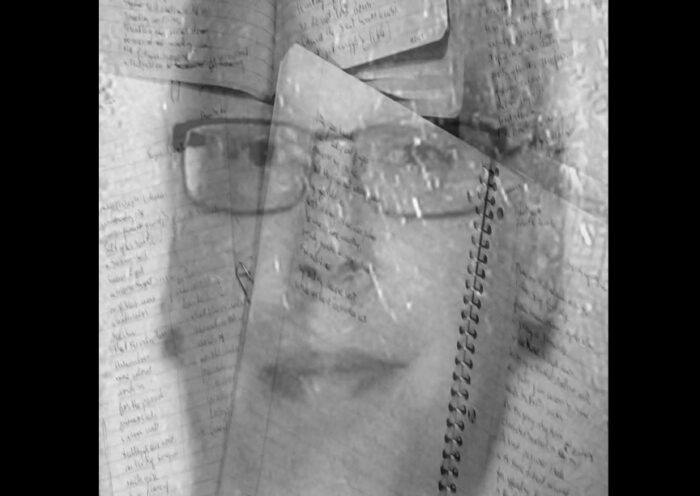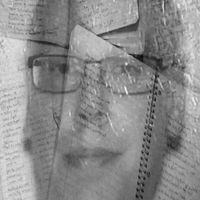Home Poetry
Now again we try
BIO
Stephanie comes from a diverse background, ranging from careers in physics and astronomy, to researching indigenous resilience to climate change, modelling honey-bee lifecycles, and counselling and psychotherapy. These aspects of her life experience, and her passion for sports and travel, lend some peculiar viewpoints to her writing.
Megan Denese Mealor Poetry
Distance
by Megan Denese Mealor
I allowed you
to sail me over lake beds,
pull me up cliffs,
across broken bridges.
But I could not kiss you
with any trace of thunder,
even when the sun was
sinking into so many oceans.
You told me once
that there would never be
enough sky, but always,
always too many stars.
You wished you could
count them with your heart.
Love was the sacks
of luminous, worthless stones
you made me carry
up and down
blue mountains.
Previously published in Digital Americana, Fall 2012
Hermit
I have grown a little eccentric,
a little discontent, I suppose,
since I moved my corner rocking chair
to the very center of the den
near the growling, grinning heater
to cover the carpet’s balding bald spot
and began turning the volume to heaven
to drown out the absence of snoring
in the fireplace glow of yellow-orange
and flashing turquoise tongues.
I must admit,
I have also grown
a little unnerved
by the eerie reverie
of snow-silent cats.
Previously published in The Bitchin’ Kitsch, April 2015
A Faith, Rotting
She wore the kind of cross necklace
you would find in a bargain box,
the holy rejects of sacrilegious salesgirls,
their pearls undulating, effulgent.
She didn’t care that the gold shed
itself into a bastard green, branded
and belligerent against her pale
butterfly of a throat. To her, there
was a beautiful irony in the decay
of something so consecrated with
sadness. To her, there was no
religion without the ululation
of a mother’s lamentation, rotting
into romance, idolatry in the
immaculate inferiority–a necklace
losing sight of heaven faster than
she did the night God weighed
her losses, wrote them into being.
Previously published in Deep South Magazine, April 2014
BIO
Megan Denese Mealor echoes and erases in her native land of Jacksonville, Florida. Nominated twice for the Pushcart Prize and a current Best of the Net Poetry nominee, Megan’s poetry, fiction, and photography have been featured in literary journals worldwide, most recently Across the Margin, Brazos River Review, Typehouse Magazine, The Disappointed Housewife, and The Wise Owl. She has authored three poetry collections: Bipolar Lexicon (Unsolicited Press, 2018), Blatherskite (Clare Songbirds Publishing House, 2019), and A Mourning Dove’s Wishbone (forthcoming from Cyberwit, 2022). A survivor of bipolar disorder, Megan’s main mission as a writer is to inspire others feeling stigmatized and paralyzed for their mental health. She and her husband of ten years, Tony, their 9-year-old son, Jesse, who was diagnosed with autism at age three, and three mollycoddled rescue cats coexist in a cozy, cavernous townhouse ornamented with vintage ads for Victorian inventions.
Gale Acuff Poetry
I don’t want to die, not that I am but
by Gale Acuff
only in the sense that everyone is,
is dying that is, there’s something about
birth and life to follow that’s dying, too,
but that’s what religion is for, I guess,
I’m ten years old, I don’t know very much
of anything much less that, religion
that is, but at church and Sunday School it’s
the most important stuff and even at
regular school it crops up now and then
even if it’s against the law but what
I like best about religion is no
tests like in regular school, except for
God’s judgment of your immortal soul when
you’re croaked. Not that you’re not croaking all along.
Everybody has to die but they don’t
have to be born but I guess they are, I
was anyway, ten years ago, my folks
are responsible along with God and
Jesus and the Holy Ghost, I guess–damn,
that must’ve been a crowded bed, ha ha,
that’s what I said to Father that got me
grounded and a Don’t tell your mother
you said such a thing or I’ll wallop you,
which drew a Yes sir from me and when I
have my honeymoon I’ll tell the story
to my wife and hope she laughs, that should break
the tension, making love can get messy
is what I hear but it helps you to sleep
and rise again but first you snore louder.
Nobody lives forever, yet they do
in Hell or Heaven, immortality
is what it is, of their souls anyway,
that’s what I get from church and Sunday School
every week, I mean that teaching and not
immortality but on the other
hand maybe going and listening and
singing and praying and plunking nickels
into the collection plate is the way
to eternal life and I have perfect
attendance so I’m on the right track to
Heaven, then again you live forever
even in the Bad Place–the quality
of your death must be what matters
but when I asked my teacher she said Please.
Nobody lives forever unless they’re
dead they say at Sunday School and it kind
of makes sense, when you’re alive anyway,
a paradox is what I guess that is,
a fancy word that means impossible
but so but then that’s religion through and
through so if there really is a God, which
I sort of doubt but then I’m only ten
years old, He won’t be very easy to
understand, or She, mysterious ways
is what God’s got I’m told at Sunday School
and it’s funny that I can believe that
but can’t believe in God or Jesus or
the Holy Ghost or even the Mighty Thor
or Hercules. But who believes in me?
BIO
Gale Acuff has had hundreds of poems published in a dozen countries and has authored three books of poetry. He has taught tertiary English courses in the US, PR China, and Palestine.
billy cancel poetry
seems i have eaten my welcome
by billy cancel
illegible tempo which matters in terms
of context Formal Generosity phasing
out to HARSH ABSTRACTION where
fried dried swept to
the side i’ll long to go
pluck an orchid will
it be The Different
Landscape if i make a
bottle confess? zip
screwball energy
courtesy of
fire berries puts a crazy snarl on my
face as i retort “someone
has made my
mouth so
much
smaller”
DIRTY PUZZLE you are my Hobby Horse
who walked into Great Affection carrying
a Lazy Man’s load who has been so
entertaining thoughtful throughout
this whole series of displacements
delays. maybe when we come into
my Yorkshire Estate McMansion
Big House Upon Forever Green
Pasturage shall i produce a sense
of depth perhaps adifferent set
of tensions to brain it around
& chew the Scenery within a
similar scale looser grid soft
dolled up lighting that fits the
beat florid complexities short
commercials that kind of
Programming. yeah let’s make
Rough Music until we’re blocked
at both ends.
BIO
billy cancel is a Brooklyn based poet/performer. His is the author of two full length poetry collections BUTTERCUP TANTRUM MUTTON ENCORE (Broadstone Books 2022) and MOCK TROUGH RASPING CROW (BlazeVOX Books, 2018). His poetry has appeared in Boston Review, PEN America, SAND Journal and Bombay Gin. With Thursday Fernworthy (Lauds) he makes up the noise/pop band Tidal Channel. In 2013 he appeared in Marianne Vitale’s production Missing Book of Spur at the Performa 13 festival. He has read at the Poetry Project New Year’s Marathon twice. In December 2019 billy & his work were featured in London based culture magazine HERO. In April 2021 he participated in the Brooklyn waterfront Poets Afloat series. www.billycancelpoetry.com
C.L. Bledsoe Poetry
Love Is Better Than a Warm Trombone
by C.L. Bledose
Say, there are flowers by the door. A nervous
bee tugging on its bowtie. The neighbors have
pulled up chairs. Say, a box of childhood trauma,
a list of broken hearts, a warm trombone
tucked under arm. I was a movie star in LA.
Why haven’t you heard of me? I was your mother’s
favorite son. Every woman I meet either walks
the other way or asks me to move in. No one
wants to just go for sandwiches at that new place
downtown. Pickles and three kinds of cheese.
Mayo, an abomination before God. Please don’t let
this be another fine example of American
miserableism. I’ve swallowed so much dirt,
I made it my bones. That’s why I squelch when
I start to sweat. I don’t mean to say anything
to make anyone uncomfortable. Nakedness
is more of a state of mind than an actionable offense.
I’ll give you some of my honey so you can always
be my queen. The first name on the list is my own.
I Only Feel Safe When It Rains
I launched my small life onto the dark side
of the moon, a beautiful parade of the same
day for years on end. Tycho Brahe couldn’t
see me shivering amidst the constellations.
It’s easy to appear strong to a mirror, reflecting
the familiar light. I sipped the milky sky
to grow strong, kept my head down and accepted
my place in the rotation. But it’s so hard to be
your own dawn when none of the mornings left
in the world are taking reservations. You came
to my door in light, a sigh of beauty. Shattered
the midafternoon lull, verve to accent the horizon,
color painting the sky. How could someone
so vibrant live in the gray dust we’ve made
this place? Everything falls away in your eyes; my
life, a moldering crater. I want to burn in orbit
around you, fear peeling away to greet the dawn.
Don’t Fuck It Up
Your eyes, a green I envy, their lushness
quiets me, warm waters in a moonlit night.
Peace tastes like honey on the tongue, salty
and sweet. I need you to understand how
I see you. I’m used to being small. You’re used
to being strong. You are kinder than I could
ever be to myself. Let me be kind to you.
Where are you now? I’m always with you,
no matter how loud it gets. The noise
of the world can never shout down your
shameless smile. I will drive a hundred
miles to sit on your couch and watch murder
shows while you panic about how easy
this is. Let’s lie in the grass for a little while
until our sneezing disturbs the squirrels.
Sweetheart, there will always be someone dying
in another room while you’re trying to get
the laundry done. We can hire someone
to dust the bookshelves.
Rain Damage
When the rain came, we politely asked it
to wait until after dinner. It refused, so
we came into the dining room. The rain
had blown a tire, left its phone at home.
We offered to call a tow truck, but it was
too busy complaining about the young
people. “Remember jncos?” I reminded. The rain
fingered its drooping ear holes and pounded
against the roof. “I just mean we all grow up.
One day, it’s all art and communism. Now,
it’s about who has the most recent wound.”
“I fell on the road,” the rain said, holding
up a paw. Dirt graveled its palm. I offered
it a bandage. “It will only wash off,” it said,
which made sense. “Would you like something
to eat?” I asked again, but the rain shook
its head. The children were done, so we excused
them. “You can play video games until
the power goes out.” The rain glared. I shrugged
to show I was only being practical. “No one
appreciates what they need,” the rain said.
It was getting late. The steady drum was softening
our wakefulness. All of our hints died
in the thunder. We settled in for a long night.
BIO
Raised on a rice and catfish farm in eastern Arkansas, CL Bledsoe is the author of more than thirty books, including the poetry collections Riceland, The Bottle Episode, and his newest, Driving Around, Looking in Other People’s Windows, as well as his latest novels Goodbye, Mr. Lonely and The Saviors. Bledsoe lives in northern Virginia with his daughter.
DeWitt Clinton Poetry
Not Exactly
By DeWitt Clinton
We’re here, just like you thought we were here,
But not for long, so don’t get your hopes up,
At least not that much as who knows what
Might happen even before we get to the end.
Isn’t that what you’ve heard somewhere,
That even though you’re certainly having one
Hell of a time, it will soon fade, and then, very
Likely, you might not even remember who
Was where, at least I can’t, and please say
Exactly why you can remember everyone
You’ve ever kissed, or smooched a bit, or
Held a hand, heck, it’s hard just to remember
Anything yesterday, let alone all the times
We’ve been in contact with someone else
Out there, so just don’t try to make a big
Deal out of it, and enjoy what you have
Right now, because believe me, and I’m
Not the only one who knows this, it’s
More than likely not going to turn out
Like you hoped it would, and why should
It, after all, that would be something like
Listening to the same old 45 over and over
And who has 45’s anyway, so please don’t
Open up that old closet of yours and
Pull down or sort through all of those
Albums you’ve collected and not listened
To for years, and remember, every single
One of them is going to sound a bit scratchy,
And will probably disappoint something
Huge, but that’s what’s going to happen
If you keep going back through all your
Stuff like that, so just call up the haul
Away your old memories guy as he’ll
Make more money on what you’ve
Forgotten than you could ever believe,
Really, so what’s wrong with that,
And he’ll play them once or twice,
Nodding and maybe even boogying
Down a bit like he used to, but then
He’ll sell them to a dealer, and then
They’ll just collect dust until some
Old fan will finger her way through
What was yours, and then, well, sheer
Delight for her, and you, sadly will
Be not in the mood for any music,
No sir, as you’ll be out of here, no
Memories whatsoever, as you’re not
Here, even though you pretended
That you’d be here on an unlimited
Visit, but that’s the problem, isn’t
It, we just don’t know what’s next
Do we, even though we saunter a
Bit thinking this is it, something we
All want to savor, so go ahead savor,
But somewhere in that poor brainpan
Of yours remember, you’re already
Gone.
So-So, So Let’s Order Carry-Out
But not terribly so-so, or hugely so-so, just sort of so-so
Though few will know what in the world is that, but then
Not everyone has such a clown smile on for special effects,
And perhaps when the door is closed, and no one is watching,
Perhaps the lips rise slightly in hopes that somebody
Somewhere, somehow, some way might start shouting to
The rooftops just like when “Beale” shouts in “Network,” and
You know the lines don’t you, it’s pretty much how all of us
Feel about now, fed up with just about everything that’s
Going on, and not going on, so go ahead, say it in your head,
“I’m as mad as hell, and I’m not going to take this anymore!”
Except we’re probably going to take it just like we’ve been
Taking it, and probably will for a very long-time way into
The future, but that sounds a bit lame, doesn’t it, as if
We have no real future, even if as the ancient priests
Wondered, whether the Sun would return after seeing it
Disappear, so let’s get up early and pray a lot hoping the
Best for light, and if the light doesn’t return, let’s just
Go back to bed, as the lights are still out, not only outside,
But inside, as the stars aren’t even blinking every now
And then, and so we’re hopeful, of course, but for what
None of us are quite sure as so much has been such a
Huge disappointment, but hey, did you say it was time
For adult refreshments, so, heck, let’s order carry-out.
Then, There’s That
Of course, no one expected what would happen happen just
Like that, but isn’t that the way most of our well laid plans
End up, so surprisingly different than what anyone would
Have ever imagined, but why, for heaven’s sake, did any one
Think things would go just as we planned back then, even if
Back then was so long ago, though no one even has any notes
To see exactly what everyone got so horribly wrong, but then,
Almost everyone, not everyone, goes into shaking-head
Syndrome, and a kind of pitiful laugh saying, well it really
Wasn’t as bad as we thought it was going to be, in fact,
It could have been so much worse, but now, no one wants
To even commiserate on what that awful clusterfuck could
Have been, how could they, for don’t they know that no
One, no one really has any idea how any of this will end up.
BIO
DeWitt Clinton taught English, Creative Writing, and World of Ideas courses for over 30 years at the University of Wisconsin—Whitewater. Recent collections include At the End of the War (Kelsay Books, 2018), By A Lake Near A Moon: Fishing with the Chinese Masters (Is A Rose Press, 2020), and Hello There (Word Poetry, 2021).His most recent collectionwas awardedthe 2022 Edna Meudt Poetry Book Award from the Council for Wisconsin Writers. He is a student of Iyengar Yoga, and occasionally substitutes as a yoga instructor for seniors in The Village of Shorewood, Wisconsin.
Mark DeCarteret Poetry
last ever ballad
by Mark DeCarteret
walking aside the sea
I felt little but everything
I’d felt when you’d left
walking aside the sea
I smelled the lemon on
your skin less itself
walking aside the sea
I saw what-was-us under
glass as if singled out
walking aside the sea
I heard my dearest again
the wind in her dress
walking aside the sea
I tasted our last kiss
all that the salt spared
a break
you took
what silence
was left us
& had to make
way too much
out of it
saying I was
so full of it
so full of shit
having wolfed
down every
thing in sight
then let me
know all the flaws
you saw in me
& how my writing
was awful what
we maybe needed
the most was to
slow things
down give
each other
made up
I’ve been going almost
makeup-less for the po-cam —
only my eyes, lantern-red
from too close of a reading,
are underlined like a pro
with a run of lies, denial-cut,
& the lids, smeared with
this duskiest of grays
cussing all the light will not
let slip about darkness,
the cheeks high-lit skillfully
with conceit upon conceit,
& the lips, stuck on each
other — selling literally nothing
to impractically no one
when not giving any air
to their dramatized sighs —
the map of where I’ve come,
all who camped in its spaces,
fit with another map, artifice
I’ll drown if I stop writing
you defused the photobomb
& my followers suffered for it
as if I saw that the light
was slightly more light
I looked to be in front of some sea
on the day I turned my back on 53
yesterday there was another attack
this time on a railroad track
here I am skiing
don’t ask me where
I can’t imagine this
does us any good
I’m at a point where I’m too young
too old to worry what anyone thinks
you stuck out your tongue for a snowflake
then texted your ex something about hunger
I should know better
I know better
BIO
Mark DeCarteret’s seventh book lesser case was published last year by Nixes Mate Books.
Susan Jennifer Polese Poetry
Birth
By Susan Jennifer Polese
The tide rises
The coast shimmers
And I smile and sigh
And recall
Coming out of those waves
Chilled and ready
Pushed by the sea
Tumbling with crusty eyelids
Salty mouth
Skin glistening
Gasping, afraid and excited
Our ancestors arrived that way
Delivered into the world
Sprouting legs and walking like fresh, damp foals
Around the beach, up the mountains, across the plains
Their Manifest Destiny to be
Reptilian no more, now furry, legged, live-birth beings
Clannish, while peeking at the stars
Barking, and drinking water from fresh lakes
Dining on flesh, baying at the moon
And still, we remember our becoming
The bloody patches, the white linen, air surrounding us
Tides of atmosphere
Parting it lets us emerge, holy, hungry, searching
Violent and beautiful
Thrown
Abandoned
Taken in
Floating on the breeze, our slippery skin molts
Our many toed feet burrow into the sand
Upright and alert
Faced with the certainty of change
Pain Becomes
Pain does the laundry
folding sheets
into small, tight squares
stacked and ready
Pain serves dinner
little Bento boxes of foods
separated and safe
Pain sweeps the floor
fast and with fury
bracing for the next time
Pain takes nightly pills
set in a row on the counter
arranged to manage, not cure
to maintain, daily
Pain lays down carefully
eyes close slowly
all is orange swirls and tingles
Pain goes deep
allowing slumber
surrendering to nothingness
Then the movie starts
smell of popcorn
sound of hushed chatter
a slurp of a drink
Pain has become
a heroine
a cowgirl
a freedom fighter
a discovered relic
Pain morphs, pushes, requires
constricts and expands
Like a plot that stretches and surprises
Like breath that keeps on coming
BIO
Susan Jennifer Polese, LPC NCC is an American poet, journalist, crisis counselor and award-winning playwright whose poems are included in the Writing off The Walls exhibit at Hudson Valley Museum of Contemporary Art. Her plays are seen regionally and at such venues as La Mama Experimental Theatre Club, HERE Performing Arts Center, The Midtown International Theatre Festival, and Planet Connections Festivity in Manhattan, NY. Trained in New York at The Wonderhorse Theatre, Herbert Berghof Studio, and Hunter College she has taught writing through Purchase College, Axial Theatre Company and has facilitated “Playwriting in Paradise” in Key West, Florida. Her work is fueled through social justice and is often performed as fundraisers/awareness enhancers for non-profits. Susan is a member of The International Centre for Women Playwrights and Theatre Without Borders. She attended La Mama’s International Playwright Retreat in Umbria, Italy and was a resident-artist at Bethany Arts Community, 2020. She is published in Alexander Street Contemporary Drama Collection. Susan is a member of The Dramatists Guild of America and New York Women in Film & Television.
M. A. Schaffner Poetry
Stumbling Over Imaginary Chairs
By M. A. Schaffner
Every old car dies with new parts
and every one of us
looks in the mirror and sees seventeen
then, with our spectacles, a stranger.
There’s time not lost to recollection
but simply disappeared
into dimensions we forget to dream about.
One looks back from the era and asks
Have I done this before?
There it’s Twenty-Seven/Fifteen
everything sleek and streamlined as death
yet mentally cluttered in ways
that make refrigerator doors seem clean.
Now it’s winter again and one worries
about spring and having to wake up
to another day as a subordinate
in someone else’s dream, waiting for life.
Seasonal Affect
It feels like another country,
not one I’ve gone to but one where the dogs
still bother to mark all the boundaries.
It’s past football season here,
still undecided on the number of players,
or where to imprison them till fall.
Meanwhile trees have begun to plan leaves,
considering all the colors that might work
before compromising again to avoid arguments.
In the distance cars go back to work
and the planet returns to sighing.
A heavy burden of newsprint settles in.
Everything I fear has still not happened,
but I know I won’t reach the end of the book
or manage to again hear the LPs
before the turntable falls into the sun.
Seasonal Affect, Part II
Spring returns with all its obligations,
its early sun and ever shrinking night.
I can’t tell now when peace will book a stay
but I guess we’ll save some money on lights.
While making this morning’s halting run up Taylor,
I crested Seventeenth and saw two blocks ahead
a white-tailed fawn flitting across Nineteenth.
One runs to keep their vices, the other to not be dead.
It was nice to look at winter as a time
to finish what I’d left undone last year,
It’s nice to do without the sure reminder;
I’ll want the same when winters disappear.
And there’s the joke, I guess, of all ambition;
not goals achieved, but hopeful repetition.
Generation Ghost
With this morning already yesterday
and the day before but vaguely seen
through the lens of the sixteenth century
we wander in between
strange rooms on stranger missions.
Pug fur on the staircase
clouding our ascension to the loft,
a hole in the carpet revealing
six layers of fractured stains –
why would one ever want to clean that off?
Pets reigned like pashas
unbothered by books.
The mice and the wasps and fans ran free.
Drooping cobwebs graced a private history
curled in every thought.
BIO
M. A. Schaffner lives with spouse and pugs in a house built cheaply 110 years ago in Arlington, Virginia. Their work has recently appeared in The MacGuffin, Illuminations, and the anthology Written in Arlington. Earlier appearances included Poetry Wales, Poetry Ireland, and The Tulane Review. When not avoiding home repairs through poetry, M. A. wades through the archival records of the Second United States Colored Infantry (1863-66) with a view toward compiling a regimental history.
Ali Asadollahi Poetry
My Private Interstellar
by Ali Asadollahi
1.
O, dim sparkles
Late stars
Light intervals
-between our eyes
and what befalls-
O, Millions and millions and millions
Distance in distance in distances,
This endless line
Will be bent
And the death
Adjoins
Two ends.
2.
The mirror…
My black hole, it was.
There was gravity and gravity
And whatever passed by it
Fell in the midst of it.
The death;
Before me, it was:
.I fell in to I.
3.
Silence:
The singularity, indeed.
Billions of billions of galaxies of words
In a willing-to-bang throat
The silence of mountains
The silence of skies
The silence of the man -who knows, is gonna die-
– Tell me what you did.
Silence.
[The singularity, you read.]
BIO
Born in 1987, Ali Asadollahi is the composer of six poetry books and the winner of some distinguished domestic poetry awards, such as Iran’s Journalist Society Award (2010). He is a permanent member of the Iranian Writers’ Association and currently studying for an M.A. degree in Persian language and literature at Tehran University. So far, some of his poems have appeared in Hayden’s Ferry Review, Roanoke Review, Palaver Journal, Alchemy Journal, and The Persian Literature Review.
Glen Vecchione Poetry
I Dream About My Dead Dogs
By Glen Vecchione
I don’t see them.
They wrap themselves around my head
in a kind of turban, their balls dropping
down over my ears in satchels of parfum de chien.
My dogs: four or five of them—none
of whom have ever met the others.
I know they’re excited to see me
because I’m scoured by a swooshing of tails.
It’s like I’ve stuck my head in a car wash,
my face scrubbed by the rotary brushes.
What a comedy, this dream: invisible dogs.
And yet I feel sad when I awaken
and have to record my thoughts about life
on my smartphone.
I never dream about cats, although I owned one.
It took a nap under the hood of my car
because the engine was warm.
That was that for that cat.
Why dream of cats, anyway? They never show up.
After lunch, I check the notes to myself
and have a revelation: the dogs are my helmet.
They protect my head. My thoughts. My hurts.
Although they loll about, they’re alert and ready
to attack, to warn whatever else is out there
Leave him alone.
They are my personal Fu dogs, even though
I flunked Asian Studies at U.C.L.A.
or maybe my wardens, set there by Sigmund
to lock the chaos in my head and not let it
loose upon the world.
That means I’m stuck with it, with them
and it’s too late for therapy.
That means it’s too late for therapy.
Trinkzeit am Abend
(Evening Drink Time)

